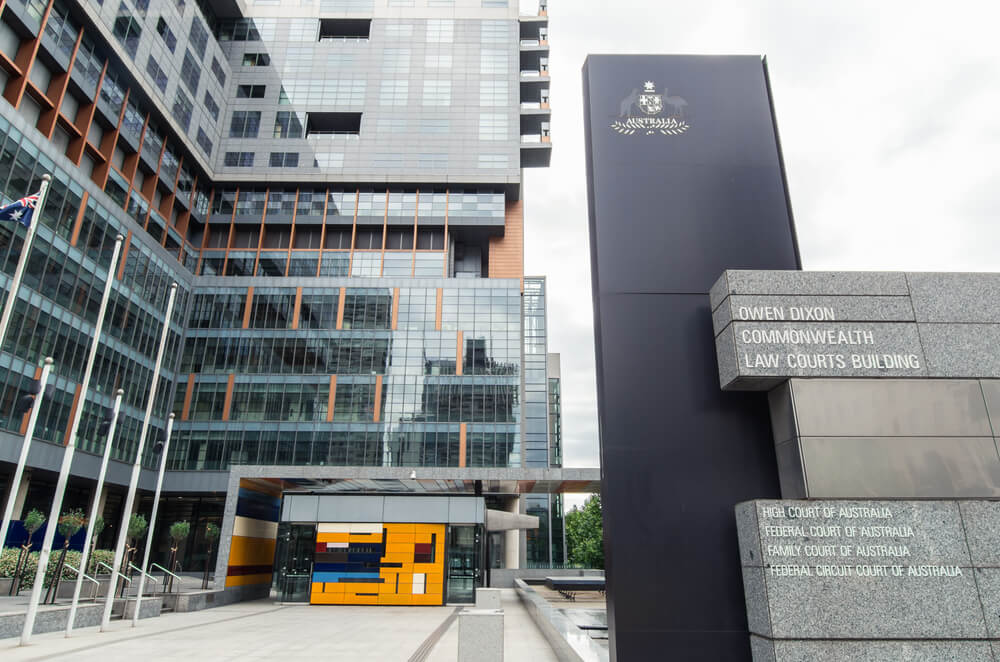MIS regime ‘just cannot work’ for class action funding arrangements, court told


A litigation funder challenging a decision underpinning recently enacted rules that require class actions to be registered as managed investment schemes told an appeals court Wednesday the decision was plainly wrong and the regime unworkable.
For information on rights and reprints, contact subscriptions@lawyerly.com.au